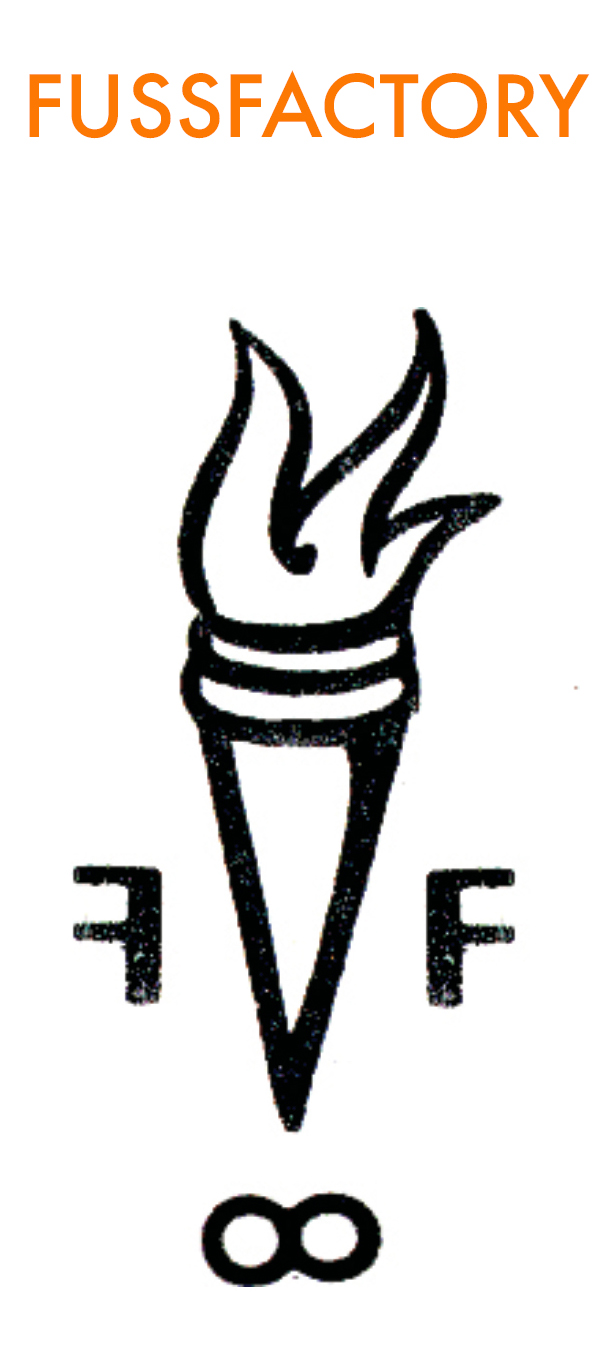#sparkchamber 052024 — World Bee Day
Today, #sparkchamber celebrates World Bee Day, established by the United Nations in 2017 “to raise awareness of the importance of pollinators, the threats they face, and their contribution to sustainable development.”
Bees are integral to the continuity of human life on this planet. Their role in pollination — “along with other pollinators like butterflies, hummingbirds, and bats — is fundamental to the survival of our ecosystems. Nearly 90% of the world’s wild flowering plant species depend entirely, or at least in part, on animal pollination, along with more than 75% of the world’s food crops and 35% of global agricultural land. Not only do pollinators contribute directly to food security, but they are key to conserving biodiversity.”
Plus, bees are delightful! The diligent, productive, communal, buzzing and dancing heartbeat of nature. American horticulture writer and landscape architect Elizabeth Lawrence captures this essence: “The hum of bees is the voice of the garden.”
How can we help? “Start a garden of fruits, vegetables, and flowers that you know bees would like.” Even a couple of pots on a balcony or windowsill make a friendly, bee-saving habitat. Avoid chemical pesticides — not only bad for bees, but also harmful to human health. Shop local, and go for organic options when available. Scout your farmer’s market for a local beekeeper selling their honey. [Side note, #sparkchamber alum and brilliant potter Jamila Monahan is also a keeper of bees! She bottles small-batch, single-terroir, biodynamic honey once a year in the fall. If you live nearby, get in line now!] And spread the word! We need the bees — our survival depends on them!
1.] Where do ideas come from?
Listen to the bees and let them guide you — Brother Adam, Benedictine monk and beekeeper
2.] What is the itch you are scratching?
We owe the bees. Act accordingly. — Lars Chittka, zoologist and ecologist
3.] Early bird or night owl? Tortoise or hare?
Aerodynamically, the bumblebee shouldn’t be able to fly, but the bumblebee doesn’t know it, so it goes on flying anyway — Mary Kay Ash, businesswoman
4.] How do you know when you are done?
If the bee disappeared off the surface of the globe, then man would have only four years of life left. No more bees, no more pollination, no more plants, no more animals, no more man. — Albert Einstein, theoretical physicist



